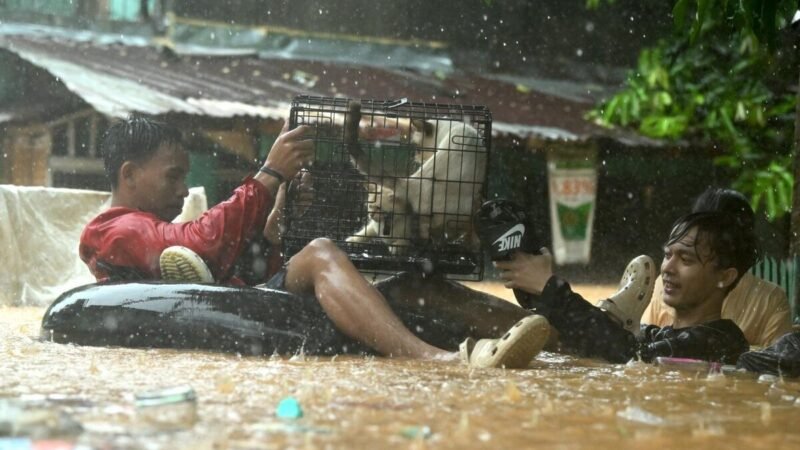EU, Turkey seal migrant deal
Leaders of the European Union and the government of Turkey on Sunday signed a deal that aims to stem the flow of migrants to Europe.
Leaders of the European Union and the government of Turkey on Sunday signed a deal that aims to stem the flow of migrants to Europe.
Turkish premier AhmetDavutoglu described the deal that was hammered out by diplomats over the past month as a “new beginning” for the uneasy neighbours, said Reuters.
“Today is a historic day in our accession process to the EU,” Davutoglu told reporters on arrival at Brussels. “I am grateful to all European leaders for this new beginning.”
A key element of the agreement is the 3 billion euros ($3.2 billion) in EU aid for 2.2 million Syrians now in Turkey. The money is reportedly intended to raise their living standards and to persuade more of them to stay put rather than attempt perilous crossings to the EU via the Greek islands.
French President Francois Hollande said the money will be paid out bit by bit as conditions are met, said the report.
“As Turkey is making an effort to take in refugees — who will not come to Europe — it’s reasonable that Turkey receive help from Europe to accommodate those refugees,” Hollande told reporters.
He added that the deal should also make it easier to check migrants arriving and keep out those who pose a threat, like Islamic State militants who struck Paris two weeks ago.
The deal promises to stem the flow of migrants to Europe in return for cash, visas and renewed talks.
It involves Turkish help, including through naval patrols and border checks in handling the flow of migrants to the EU, which is expected to reach 1.5 million people this year alone, said the report.
“Results must be achieved in particular in stemming the influx of irregular migrants,” a joint statement read.
“Both sides will, as agreed and with immediate effect, step up their active cooperation on migrants who are not in need of international protection, preventing travel to Turkey and the EU … and swiftly returning migrants who are not in need of international protection to their countries of origin.”



